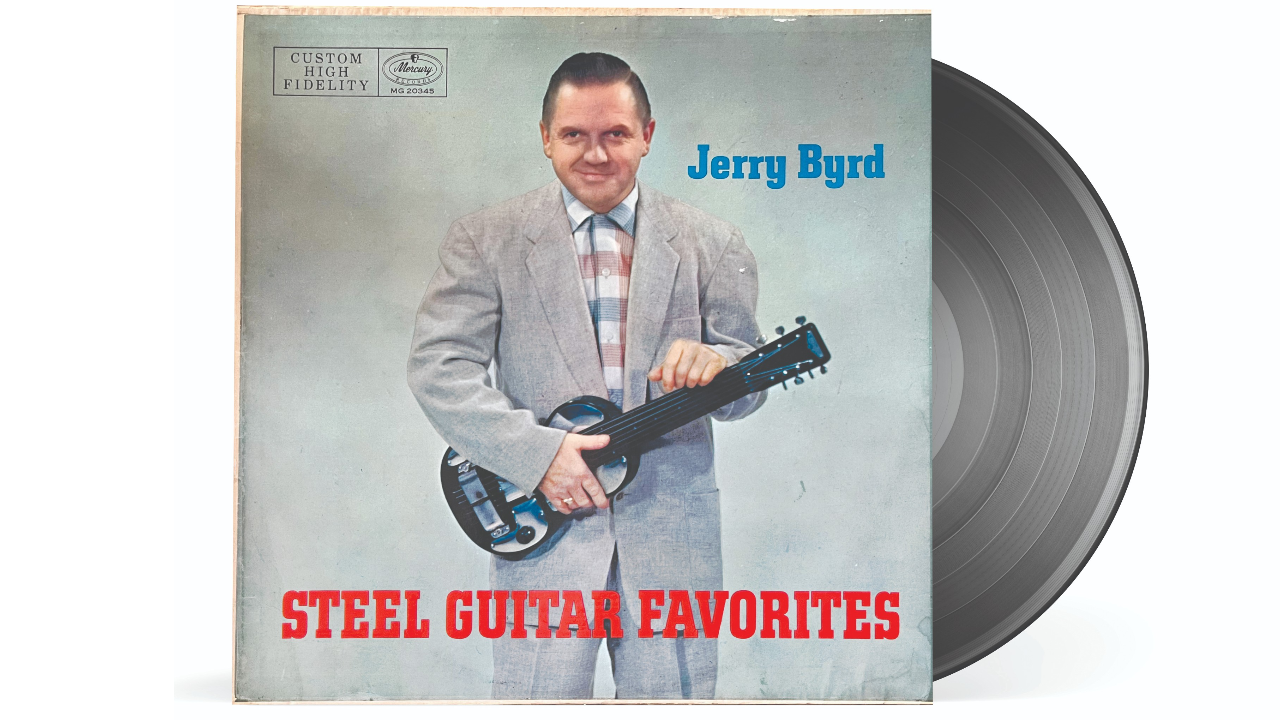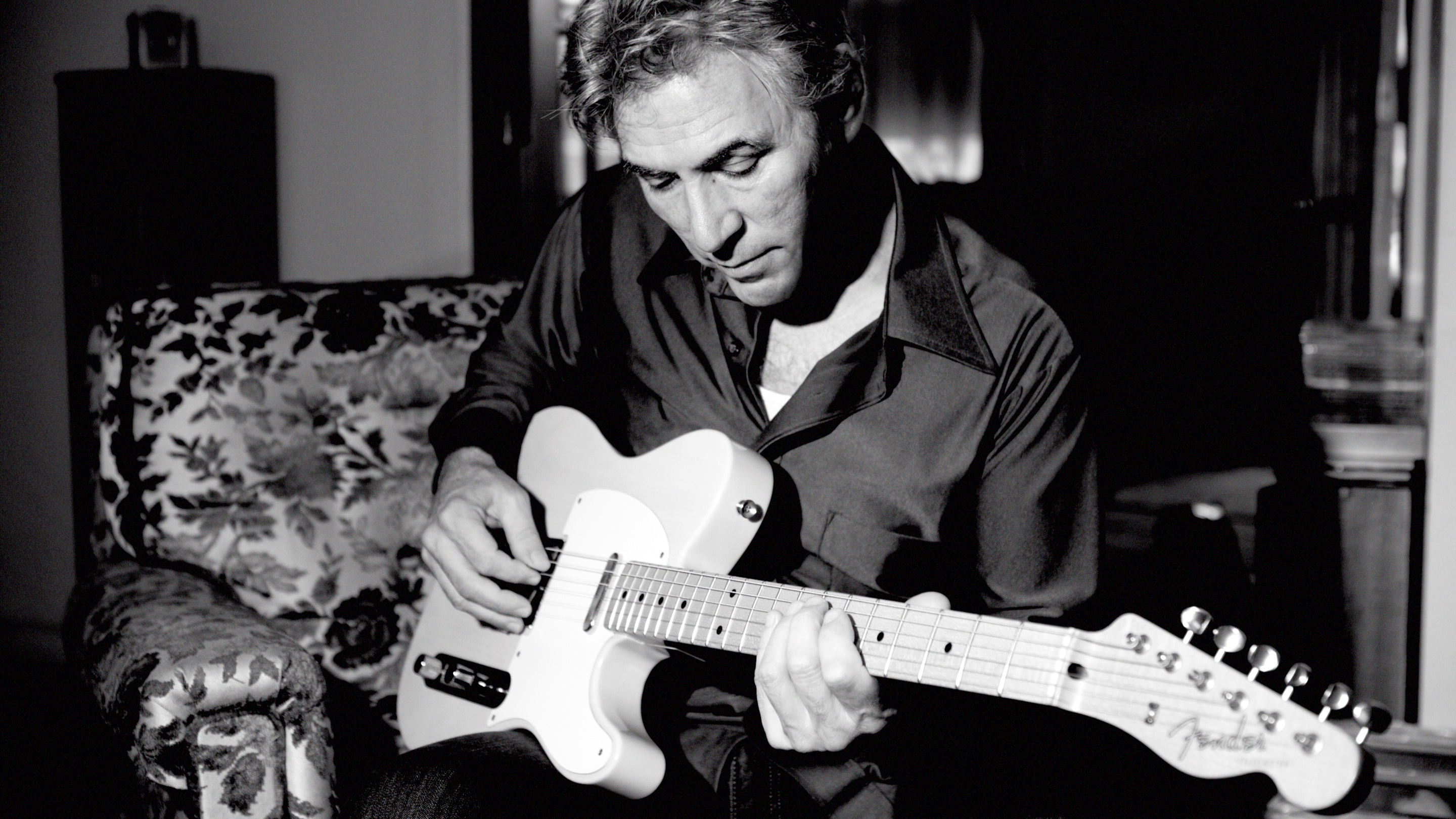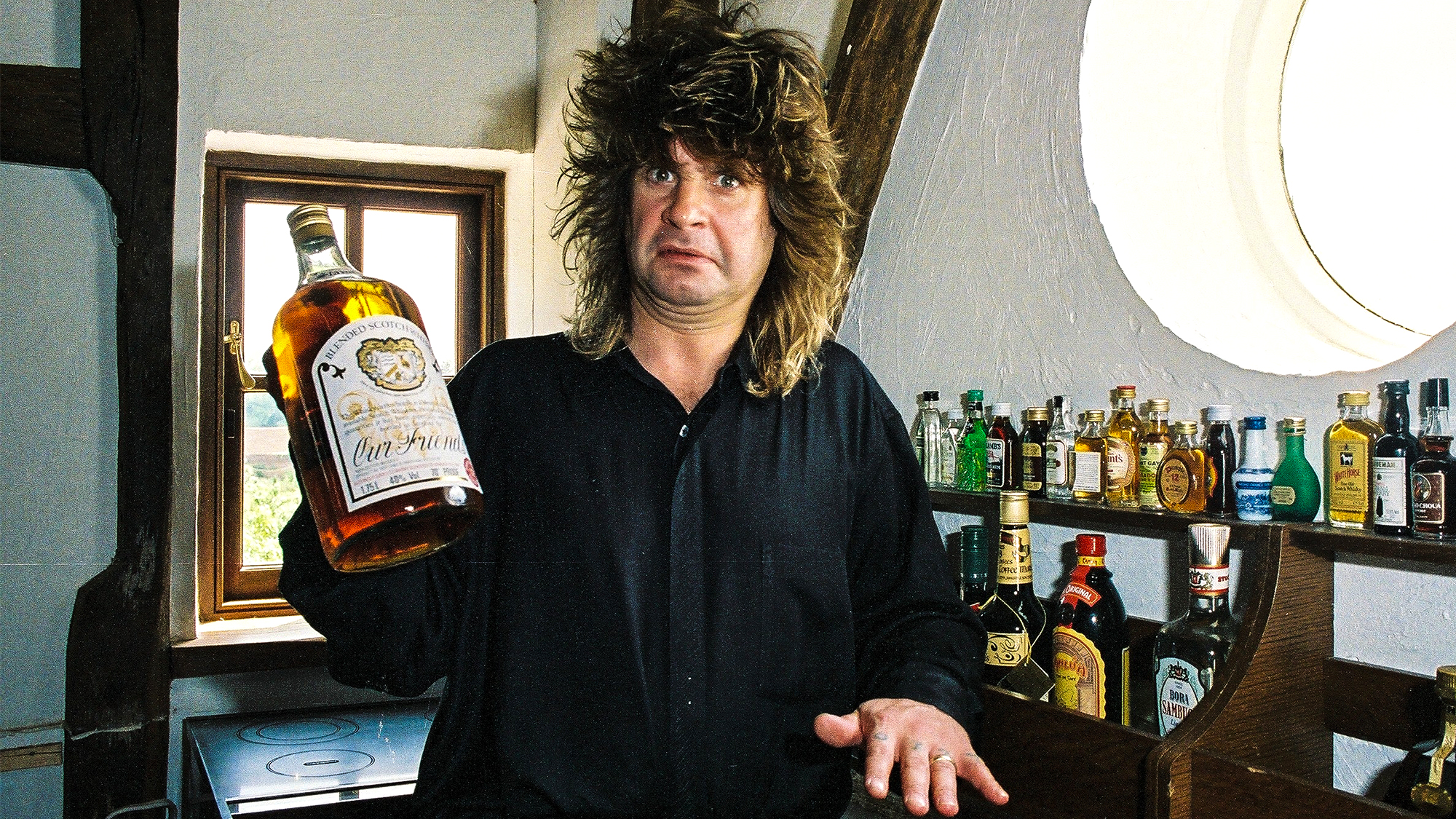“Jerry slides, uses tone and volume swells, and plays glissandos that kiss the sky”: Steel Guitar Favorites shows Jerry Byrd at the very top of his game
On this outstanding album, Byrd packs in every steel-guitar treat one could hope for, including tone sweeps that convincingly replicate the human voice

All the latest guitar news, interviews, lessons, reviews, deals and more, direct to your inbox!
You are now subscribed
Your newsletter sign-up was successful
For almost eight years, I’ve wanted to write about Jerry Byrd’s Steel Guitar Favorites. “What took so long,” you ask? Well, it doesn’t make the job easy if there are no informative liner notes and hardly a thing about it on the internet. Steel-guitar guru Joe Goldmark suggested a possible personnel lineup. The rest was pure detective work.
I sometimes wish I could write a column consisting only of the words “Check this out,” because many of the records I love have a glaring void of information. That said, they need to be shared, and that includes Jerry Byrd’s Steel Guitar Favorites.
Byrd was born in Ohio, in 1920, and started playing steel guitar as a child. He went pro by the time he was 15 and would go on to perform or record with artists that include Dolly Parton, Patsy Cline, Hank Williams, Ernest Tubb, Chet Atkins, and Red Foley, to name a few. Byrd was influenced by Hawaiian music and never strayed far from it, but he remains one of the fathers of classic steel guitar. While his discography is extensive, I favor this Byrd LP because it finds him interpreting a range of “American” styles, including blues, western swing, and jazz.
Released on the Mercury label in 1958, Steel Guitar Favorites features Zeke Turner and Louis Innis on guitars, Red Turner on bass, Tommy Jackson on fiddle, and vocalist Rex Allen, who sings Steelin’ the Blues, which opens side one.
According to the wonderful Guitar Player CD Legends of Guitar, this recording was cut in 1949, when it was released as a 78 rpm record. It’s played in Db to give open-string options to Mr. Byrd’s steel-guitar tuning, and the end result is pleasing and flashy. Smooth as silk and always inventive, Jerry and company breathe life into Steel Guitar Rag, while Cocoanut Grove follows in a style that’s classic smooth country jazz.
The organ solo is a surprisingly perfect touch that is uncredited. Texas Play Boy Rag lives up to its name and conjures up Bob Wills’ San Antonio Rose (to which it bears a strong resemblance) with great playing and eventful changes.
It’s followed by the showstopper Limehouse Blues, a tour de force featuring locked-in harmonized guitars and a Jerry Byrd solo that sounds almost Hendrix-like. Jerry slides, uses tone and volume swells, and plays glissandos that kiss the sky, Byrd-style. Side one closes with a definitive version of The Jitterbug Waltz, on which Byrd brings out every lovely nuance the song offers.
All the latest guitar news, interviews, lessons, reviews, deals and more, direct to your inbox!
Side two opens with Panhandle Rag, which is played with authority and ease. It’s followed by Steelin’ the Chimes, a tune reminiscent of the classic track Rose City Chimes and is yet another powerhouse in the litany of loveliness this LP offers. Steelin’ the Chimes features harmonics, sweet steel voicings, and a breathtaking guitar solo to boot. Wang Wang Blues is another classic steel-guitar jazz song on which Byrd performs every steel-guitar treat one could hope for, including tone sweeps that convincingly replicate the human voice.
Georgia Steel Guitar is a swinging two-beat with a great guitar solo reminiscent of Chet Atkins’ “hot” style of playing, and the melodic mid-tempo Wabash Wah-Wah Blues features a clever overdubbed question-and-answer exchange that Byrd creates by manipulating tone swells.
Gold Coast Blues closes the LP with a harmonized guitar and steel head that is moving and infectious. Cut for cut, Steel Guitar Favorites is an outstanding album and one of my top five favorite steel-guitar LPs.
Jim Campilongo has 14 critically acclaimed instrumental records available on vinyl, CD and digital download here.



